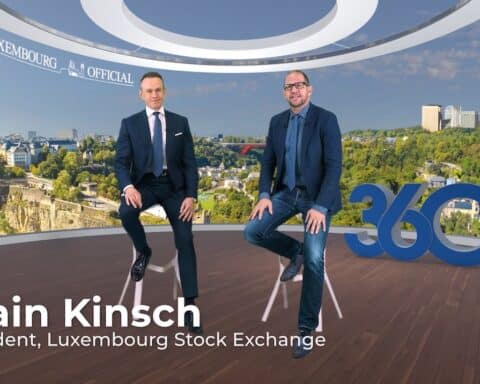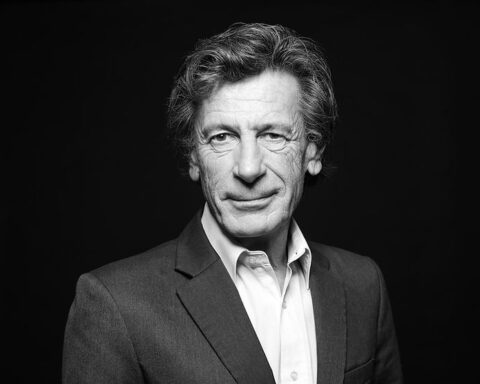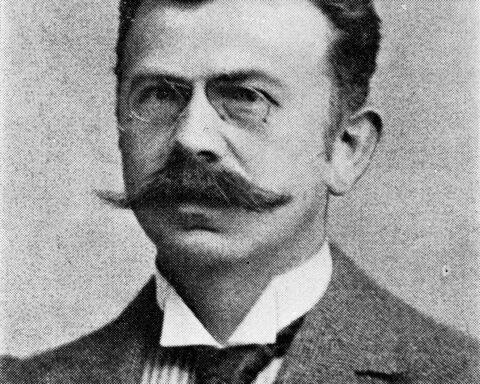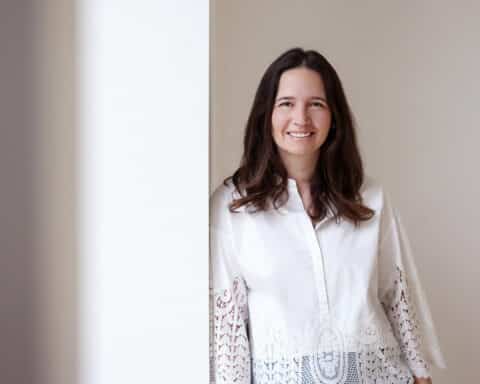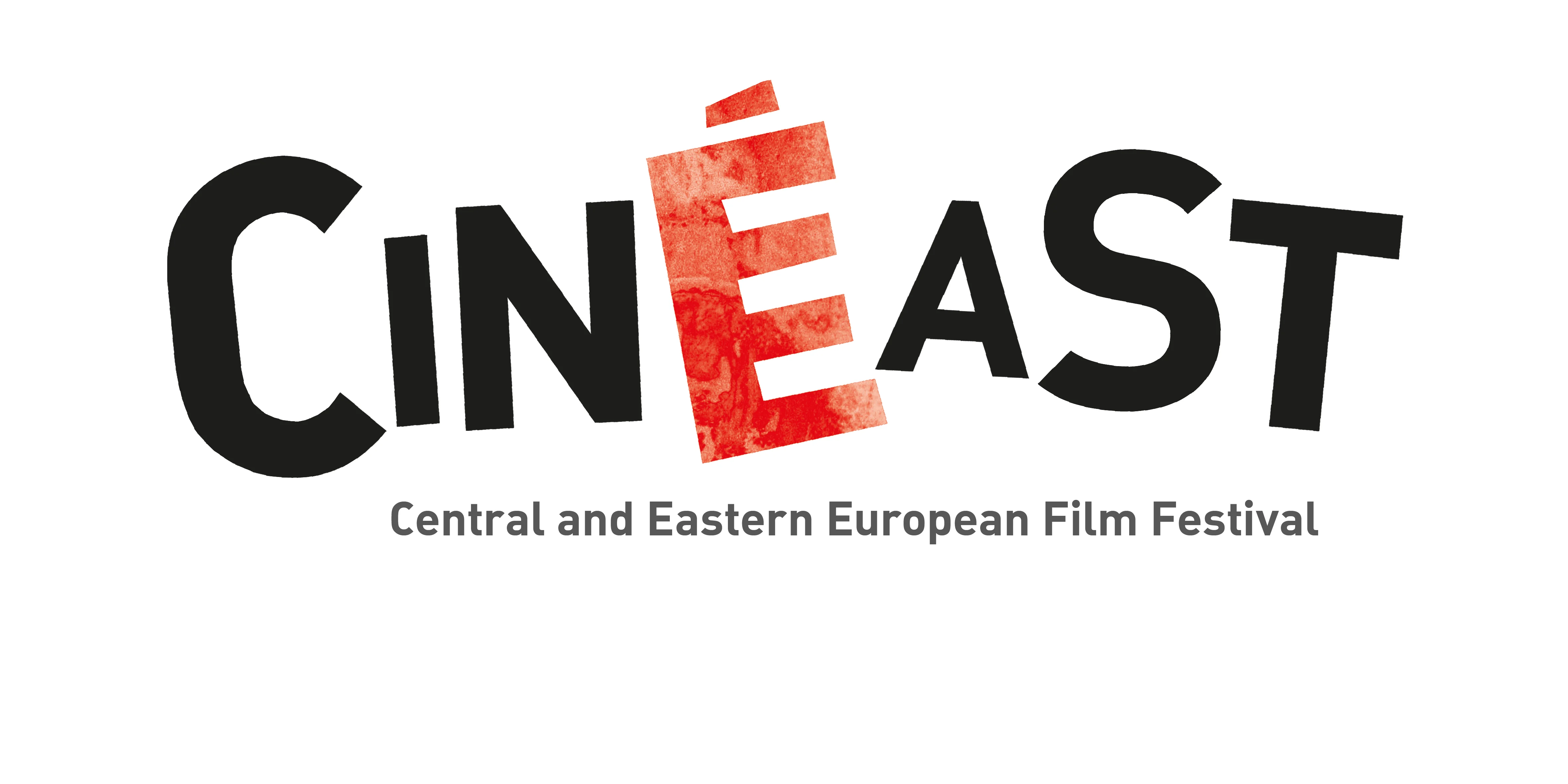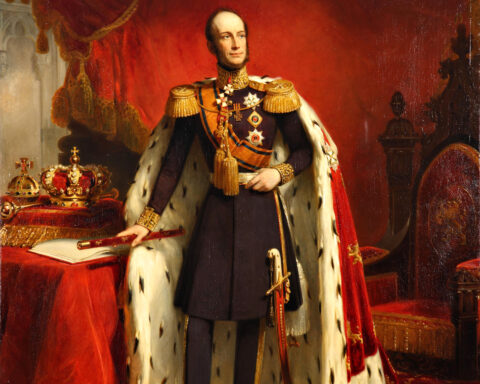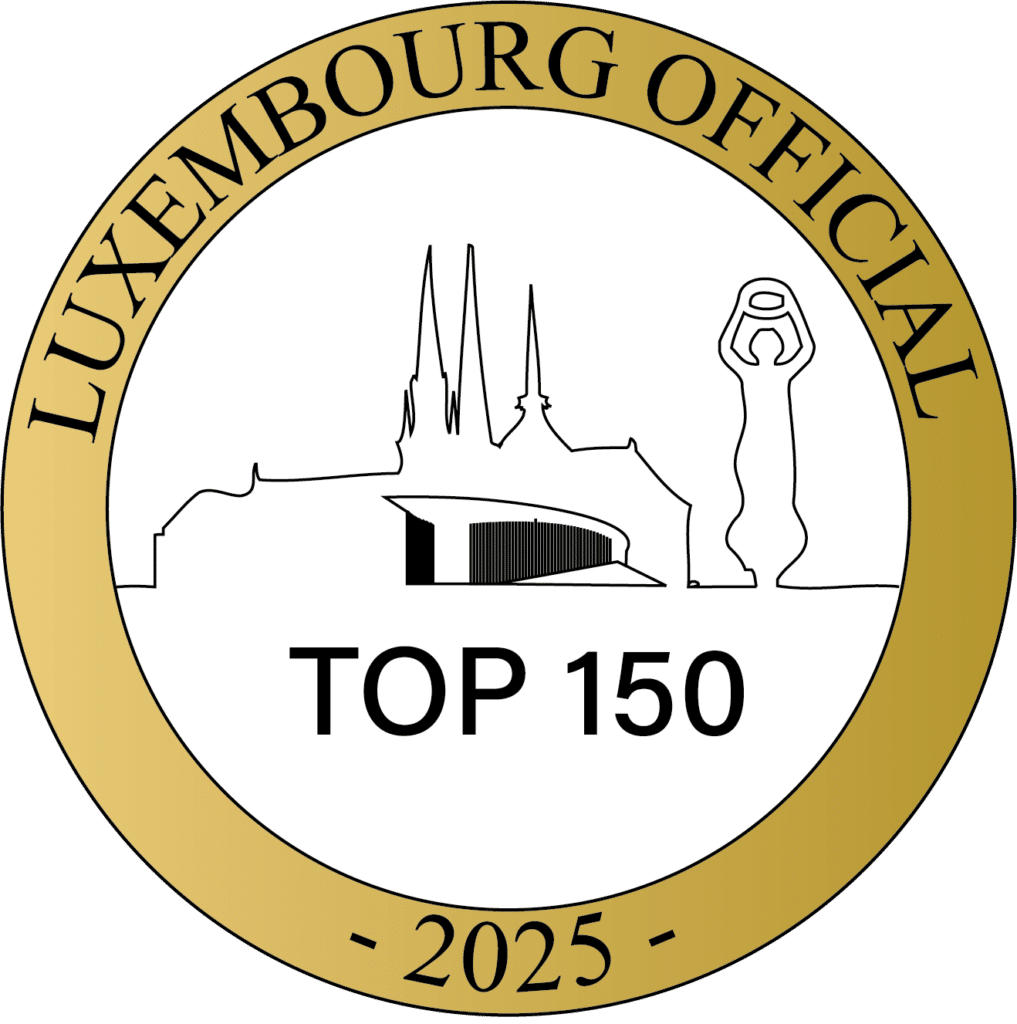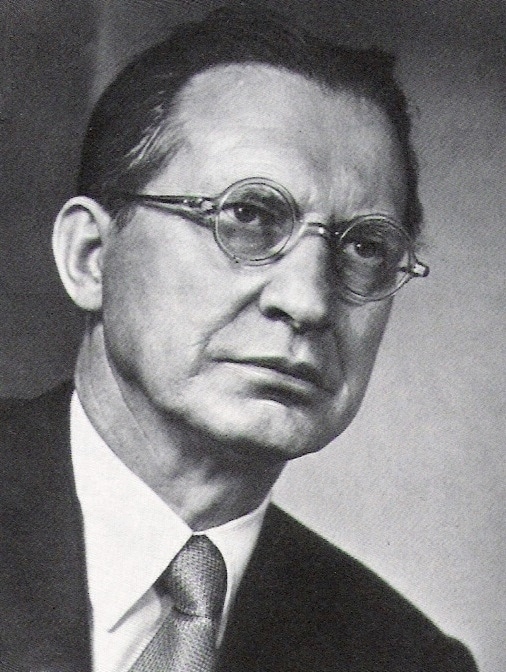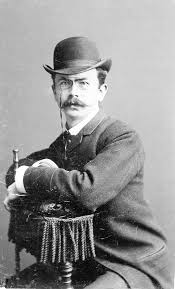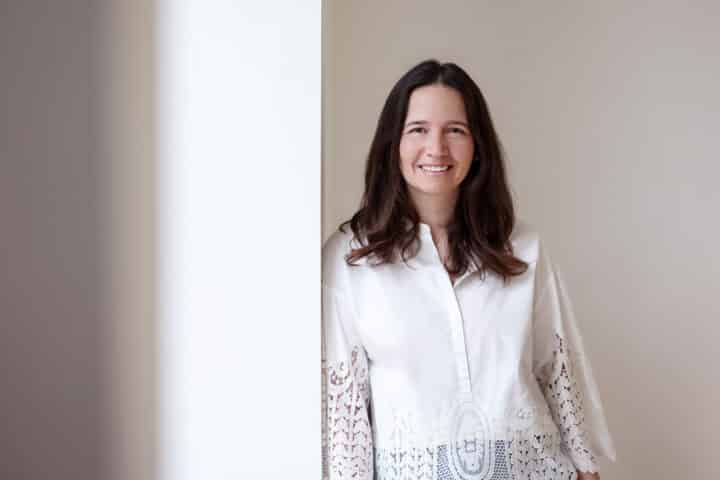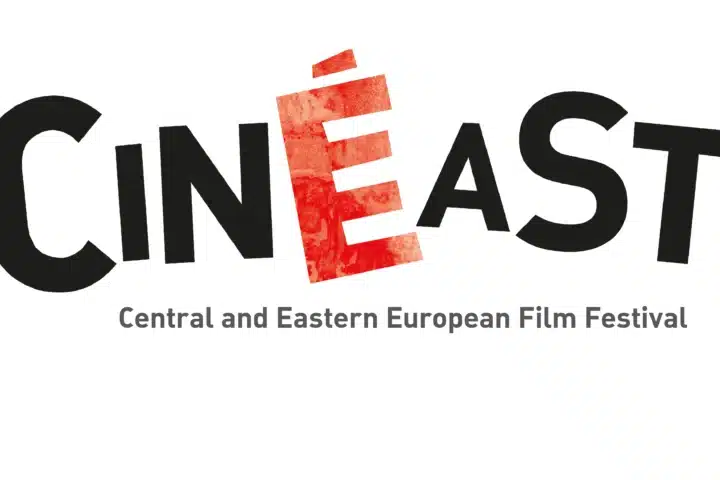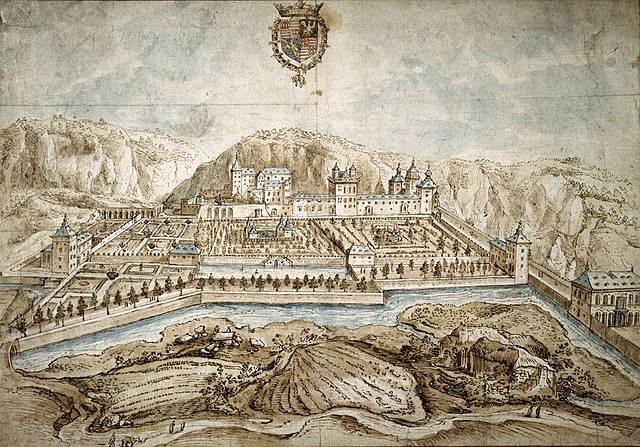Alcide De Gasperi was an Italian statesman and founding figure of European integration after World War II, advocating cooperation, stability, and democratic reconstruction.
Early life and political emergence
Alcide De Gasperi was born on 3 April 1881 in Pieve Tesino, then part of the Austro-Hungarian Empire. His upbringing in a borderland environment influenced his vision of cultural pluralism and political stability. Educated in Vienna, he initially served in the Austrian parliament representing Italian minorities before transitioning into Italian politics following World War I. He became a staunch opponent of fascism and joined the Catholic‑inspired Italian People’s Party.Alcide De Gasperi endured imprisonment under Mussolini’s regime, then resumed public service after World War II, leading efforts to establish democratic institutions. From December 1945 until August 1953, he headed eight successive governments, guiding Italy through reconstruction and the transition from monarchy to republic.
European vision and integration efforts
Alcide De Gasperi championed European unity to prevent future conflict, believing deeply in collaboration between sovereign nations. He supported Italy’s membership in the Marshall Plan and its entry into NATO, securing external support while preserving democratic values. Alcide De Gasperi played a key role in the creation of the European Coal and Steel Community in 1951, designed to integrate key industries across France, Germany, Italy, and the Benelux countries. His leadership contributed to the establishment of the Council of Europe and his election as president of the ECSC Common Assembly in 1954. He envisioned a Europe that would not erase nation-states but enable them to complement one another, building shared institutions gradually and deliberately through democratic consensus and mutual respect.
“The future will not be built through force… but by the patient application of the democratic method.”
Legacy and influence
Alcide De Gasperi passed away on 19 August 1954 in his native Trentino. Since then, he has been widely recognised as one of the European Union’s founding fathers. His vision of gradual, principled integration laid the groundwork for today’s EU institutions. A museum has been established in his birthplace to commemorate his contributions and democratic ideals. He advocated a federative Europe based on dialogue, civic values, and shared governance. His approach inspired later thinkers and policymakers committed to supranational cooperation rooted in national identities rather than monolithic centralism. Ongoing academic research continues to examine his political writings and speeches, highlighting his emphasis on consensus-building and autonomy within unity.

